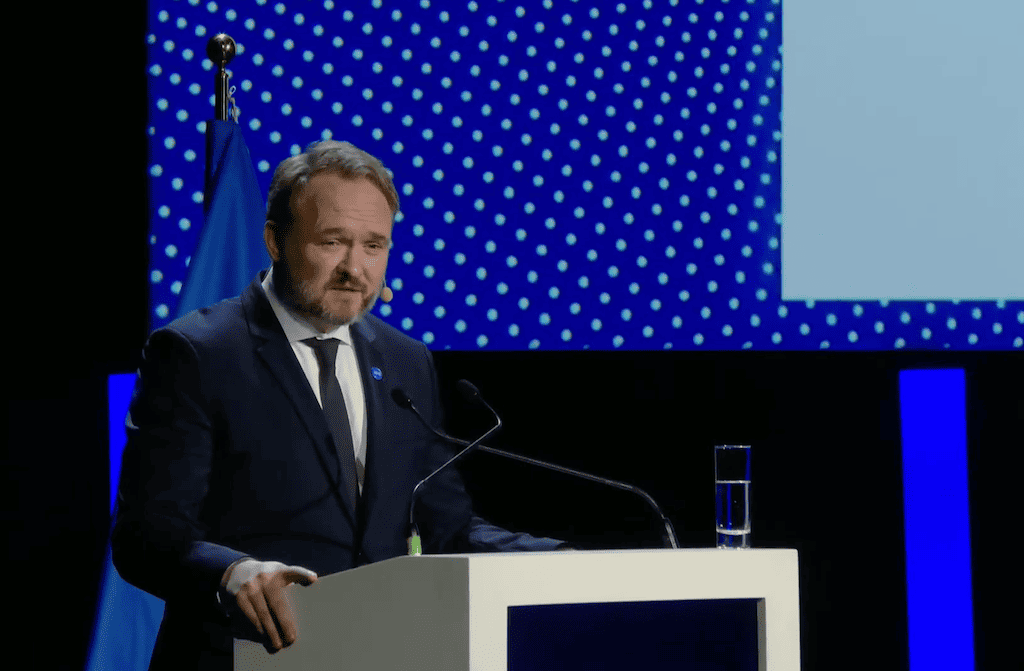The European Commission is developing a guarantee scheme for energy efficiency solutions with the EIB, and a dedicated package for data center optimization.
“To fight climate change, to provide our citizens with clean and affordable energy, and for our security, energy efficiency must be at the center of everything we do.”
With these words, European Commissioner for Energy Dan Jørgensen opened the 10th Annual Global Conference on Energy Efficiency organized by the International Energy Agency. The event, co-hosted by the European Commission, was an opportunity for Jørgensen to take stock of recent progress and outline near-future priorities.
What the EU has done so far
The energy-saving measures implemented by Brussels in the wake of Russia’s war in Ukraine helped the bloc navigate the energy crisis without major fallout. They also laid the foundation for a full phase-out of Russian energy imports.
“Since then, we’ve reduced our energy imports,” the commissioner emphasized. “We used to get 51% of our coal from Russia, now we get zero. We received 27% of our oil, now it’s just 3%. And we went from 45% to 13% in gas. But we’re not stopping here.”
This is where the REPowerEU Roadmap, introduced in May 2025, comes in. The plan outlines actions aimed at gradually but definitively eliminating Russian energy supplies, beginning with a full ban on gas imports under new and spot contracts by the end of this year.
“Some ask, ‘How can we do this without driving up prices?’ Part of the answer is that we are cutting our gas consumption by 15 billion cubic meters per year. We’re moving fast in the right direction, thanks to energy efficiency,” Jørgensen added.
Priorities for the next five years
Jørgensen also outlined clear internal goals for the next five years. The European Commission will work to speed up the integration of energy efficiency solutions into energy systems and foster stronger collaboration among stakeholders. At the same time, the EU aims to enhance international cooperation on energy efficiency through new forums and more concrete bilateral and multilateral agreements.
“We are focusing on five major action areas,” the commissioner revealed, including:
- A guarantee system for energy efficiency solutions, developed in collaboration with the European Investment Bank (EIB). “I plan to double the current level of energy efficiency services, improving financing access, especially for small and medium-sized enterprises.”
- Tripartite contracts between governments, financiers, and developers, aimed at “scaling up projects and removing barriers to rapid change on the ground.”
- A dedicated energy efficiency package for data centers, which now account for nearly 3% of the EU’s electricity demand.
Additionally, the European Commission is mobilizing €300 billion through the Global Gateway initiative for investments in sustainable infrastructure, including energy efficiency improvements.

